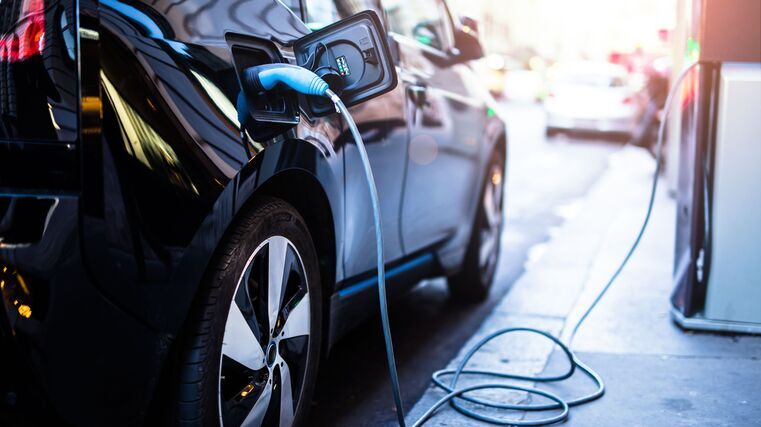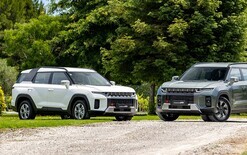Kiwis favour hybrids over EVs

Kiwi motorists are more likely to consider buying a self-charging hybrid than an electric vehicle (EV), according to the findings from a new study.
Research by global data and insights company, Pureprofile Ltd, reveals 28 per cent of 1,000 New Zealanders who took part in the survey would consider buying a hybrid in the next 12 months compared with 26 per cent for an EV.
The study was conducted in March 2024 and also gathered perceptions and attitudes toward the emerging EV market from more than 2,000 Australian respondents.
Across the ditch, 30 per cent of Australians interested in buying a new vehicle in the coming year said they would likely purchase an EV and 20 per cent said they would opt for a hybrid.
Current Kiwi EV owners are happy with their experiences, according to the survey, with cost savings on fuel rated as the top satisfaction factor at 67 per cent, followed by environmental benefits on 40 per cent.
Respondents also appreciated the lower maintenance cost of an EV compared with other vehicle types.
Regrets cited by EV owners included not opting for a model with a longer range, which was highlighted by 24 per cent of those surveyed, underestimating the importance of accessible charging stations on 23 per cent, and not fully considering the long-term implications of battery ageing with 22 per cent.
Australian owners provided similar responses, although taking advantage of solar power for charging was the third most satisfying factor for them after scoring 30 per cent.
Among their regrets was 23 per cent who did not fully consider future resale value.
As for prospective owners, most respondents in both countries – 37 per cent – expect to buy their first EV in two to five years.
The top motivations for Kiwis buying an EV are cost savings on fuel at 72 per cent and environmental benefits on 50 per cent. In Australia, the figures were 57 per cent and 45 per cent respectively.
Energy efficiency was mentioned by 34 per cent of New Zealanders as another reason and 14 per cent are increasingly interested in the possibility of using solar power to charge their EV.
Despite cost-of-living concerns, government rebates were not seen as a key incentive for EV purchase with just 15 per cent of respondents in both countries saying such discounts would factor into their decision-making.
A lack of charging stations remains a concern for anyone owning or considering purchasing an EV.
In New Zealand, charging range anxiety is the biggest concern at 48 per cent with only 24 per cent of respondents feeling the government has invested adequately in EV infrastructure.
Pureprofile notes that EV owners in New Zealand have invested in home power sources to support their charging needs and rely extensively on home charging for long-term cost savings and convenience.
In Australia, 38 per cent expressed concern about station availability and 31 per cent worried about running out of battery mid-journey.
Toyota emerged as the top brand for New Zealanders considering low and zero-emissions models, with the marque the leading pick for 53 per cent of those questioned. Kia was next on 23 per cent and Hyundai came third with 22 per cent.
Across the ditch, the top three were Toyota, Tesla and Hyundai.
Anna Meiler, Pureprofile’s managing director Asia-Pacific, says the study shows the adoption of EVs in Australia and New Zealand will continue to rise.
“However, there currently appears to be a tug of war between sustainability and savings with upfront costs posing a serious barrier to greater uptake,” she adds.
“Currently, people do not seem to be factoring government rebates into their EV decisions, but this might be a result of several EV schemes ending in some Australian states and across New Zealand.
“This leaves some potential for more creative motivation avenues, such as community or business EV share schemes that encourage people to experience EV ownership without the full financial commitment.
“There is also considerable catch-up to do when it comes to charging stations, which are a major pain point for EV drivers in both countries.
“There’s scope for a solid partnership between the government and private EV manufacturers or ancillary services to urgently accelerate the deployment of public charging infrastructure.”





